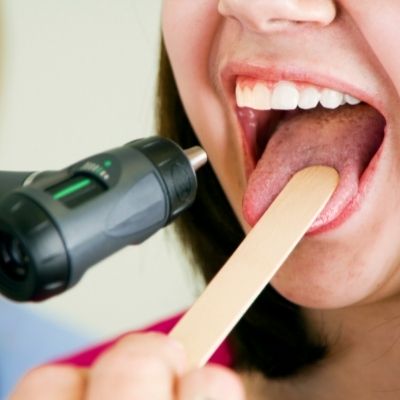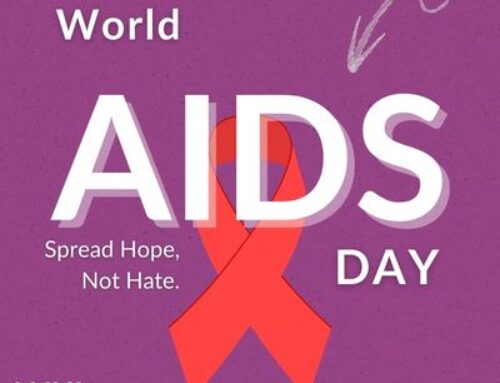 Have you ever inspected your tongue? Interestingly enough, that muscular organ used for tasting and speaking can also provide clues about your health and well-being. If you pay closer attention to your tongue, you can better understand what’s going on in your body and how to deal with any underlying health issues sooner rather than later.
Have you ever inspected your tongue? Interestingly enough, that muscular organ used for tasting and speaking can also provide clues about your health and well-being. If you pay closer attention to your tongue, you can better understand what’s going on in your body and how to deal with any underlying health issues sooner rather than later.
What to look for
To recognize your tongue’s warning signs of imbalance or illness, you need to know the difference between a healthy-looking tongue and an unhealthy one. A healthy person has a light or dark pink tongue with a thin white coating. However, if you detect a change in color, size, shape, or texture, you may need to further investigate those changes by consulting a medical professional.
What your tongue is saying
Now that you know what to look for, here’s a list of five things your tongue can reveal about your health:
Dehydration
A dry tongue and mouth are usually one of the first signs of dehydration. That’s when your body loses more water than it gains. Your body produces less saliva to conserve whatever little fluid it has, leaving you with a thick white coating on your tongue.
Sometimes, the dryness and thick coating of the tongue could be a side effect of certain medications or medical treatments. Either way, it’s essential to stay hydrated every day so your body can function at an optimal level. You can keep your body hydrated by drinking plenty of water, eating water-rich fruits and vegetables, and cutting back on caffeine and alcohol.
Nutritional deficiencies
Your tongue could also let you know whether your body lacks certain nutrients. For instance, an overly red tongue can show B vitamin deficiencies, particularly B12 and folic acid, and low iron. Once you address your diet and include more food containing these vitamins or take a supplement, your tongue should return to its normal color.
Excess Stress
Signs of your body undergoing excessive stress can show up on your tongue as unusual redness, sores, and ulcers. Also, if your tongue appears to have marks around the edges, that could signify consistently biting your tongue due to stress. Reading these signs early and reducing your stress could save you from more severe conditions, such as heart disease, depression, or cancer.
Weak immune system
Your tongue’s role in digestion makes it closely connected to your immune system. What does that mean? If you have a weak immune system, your tongue will let you know. The pale, white color of the tongue could indicate a yeast infection of the mouth, also known as oral thrush. Or, if you see white, lace-like patches or even swollen red tissues and open sores on your tongue, you may have oral lichen planus. While these conditions are treatable, use them as warnings that you need to build up your body’s defenses and get yourself checked out by a doctor.
Poor oral hygiene
If you notice your tongue is black and hairy-looking, that could signify poor oral hygiene or heavy tobacco use. With proper oral hygiene, including brushing your teeth and tongue and flossing regularly, and using little to no tobacco, you can get your tongue back to its healthy pink color.
Most changes in your tongue are harmless and go away on their own as long as you do certain things to repair and rebalance your health. If those changes last longer than a few days, then it’s best to seek medical attention.
Our team at Washington Health Institute is here for you if you need us! Schedule an appointment today online or call 202-525-5175.




